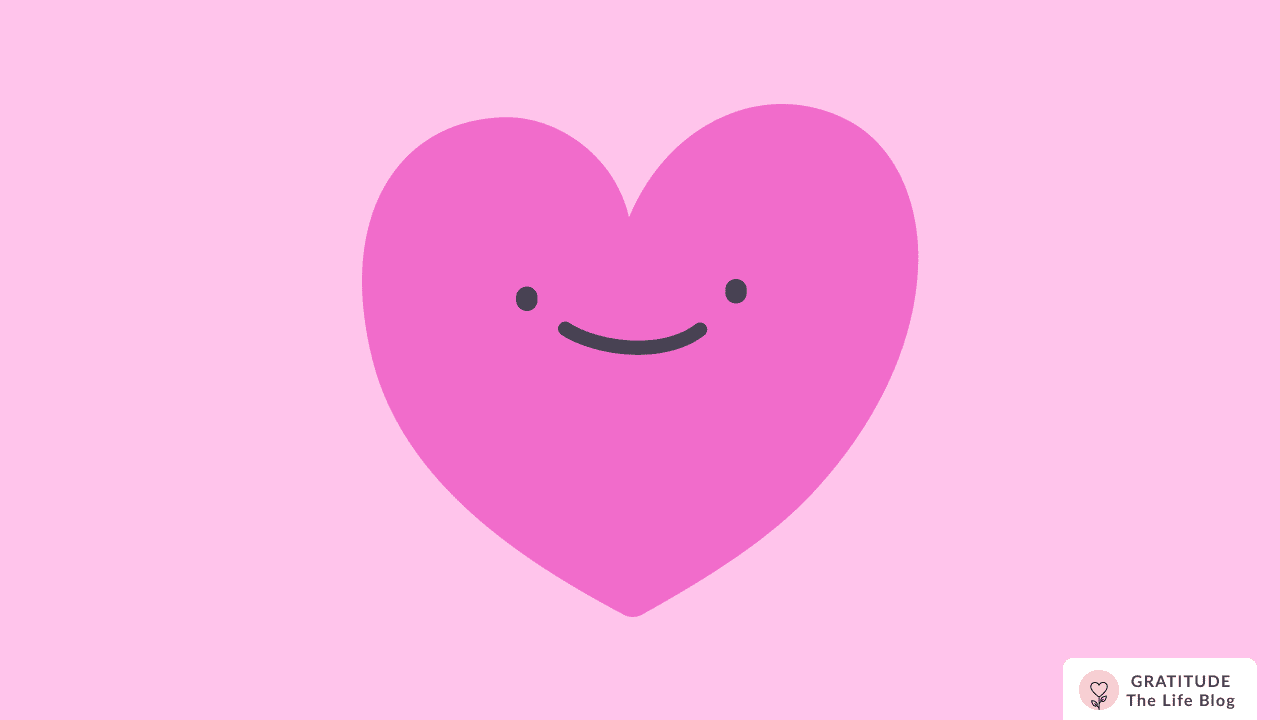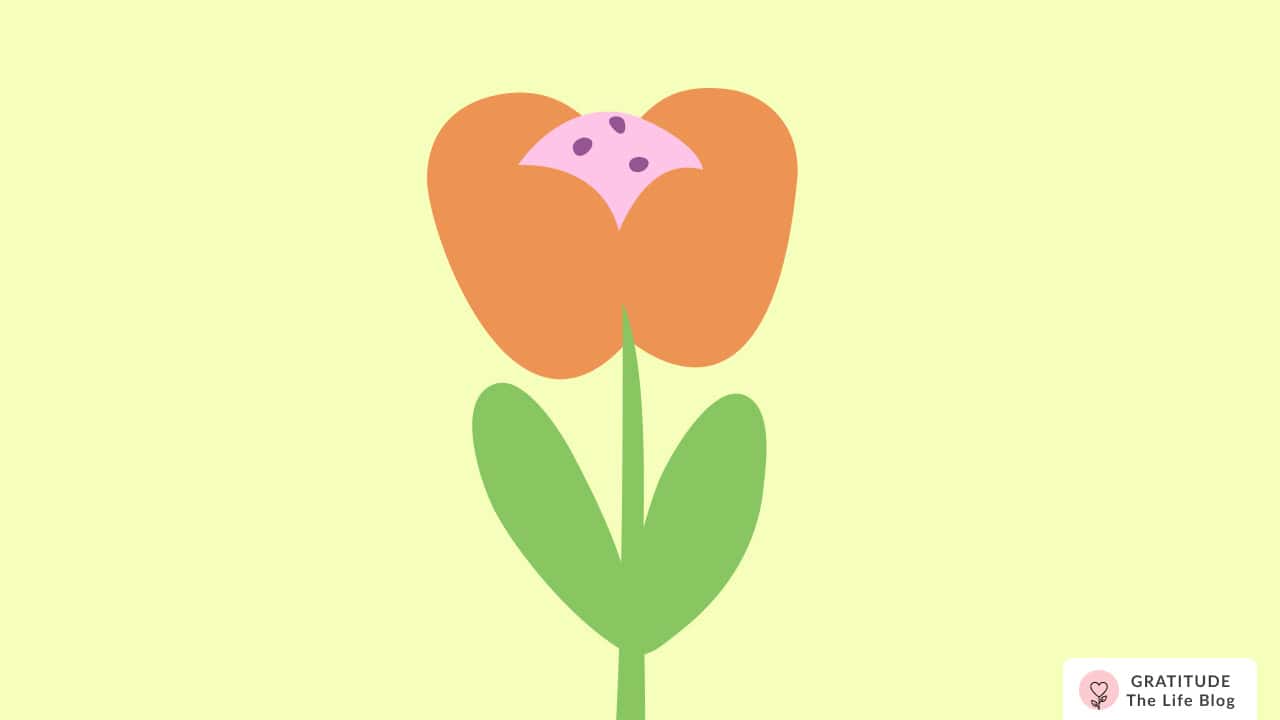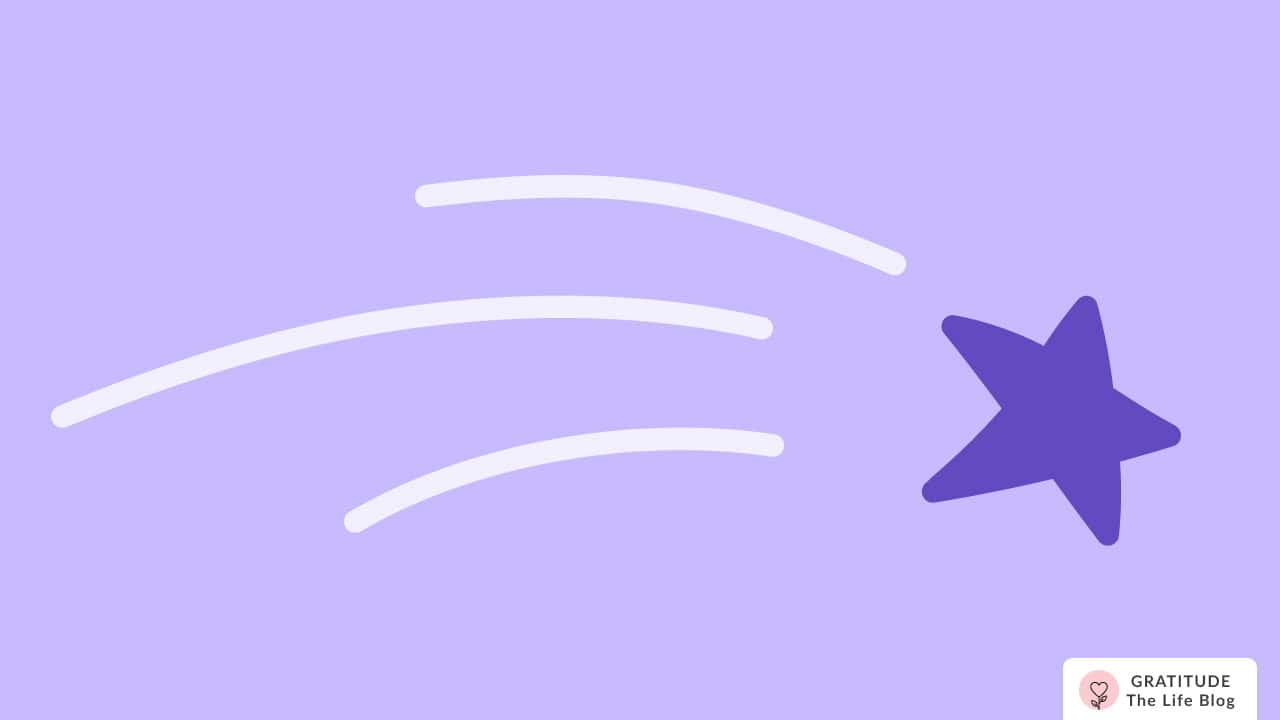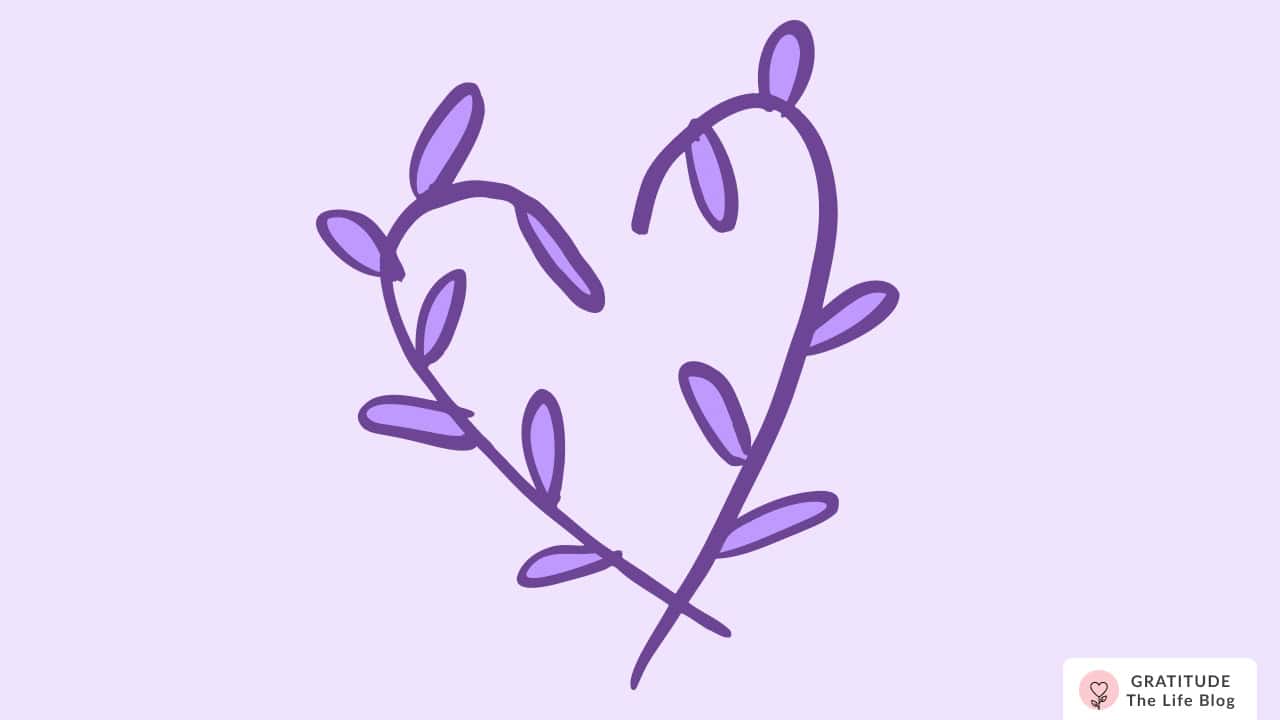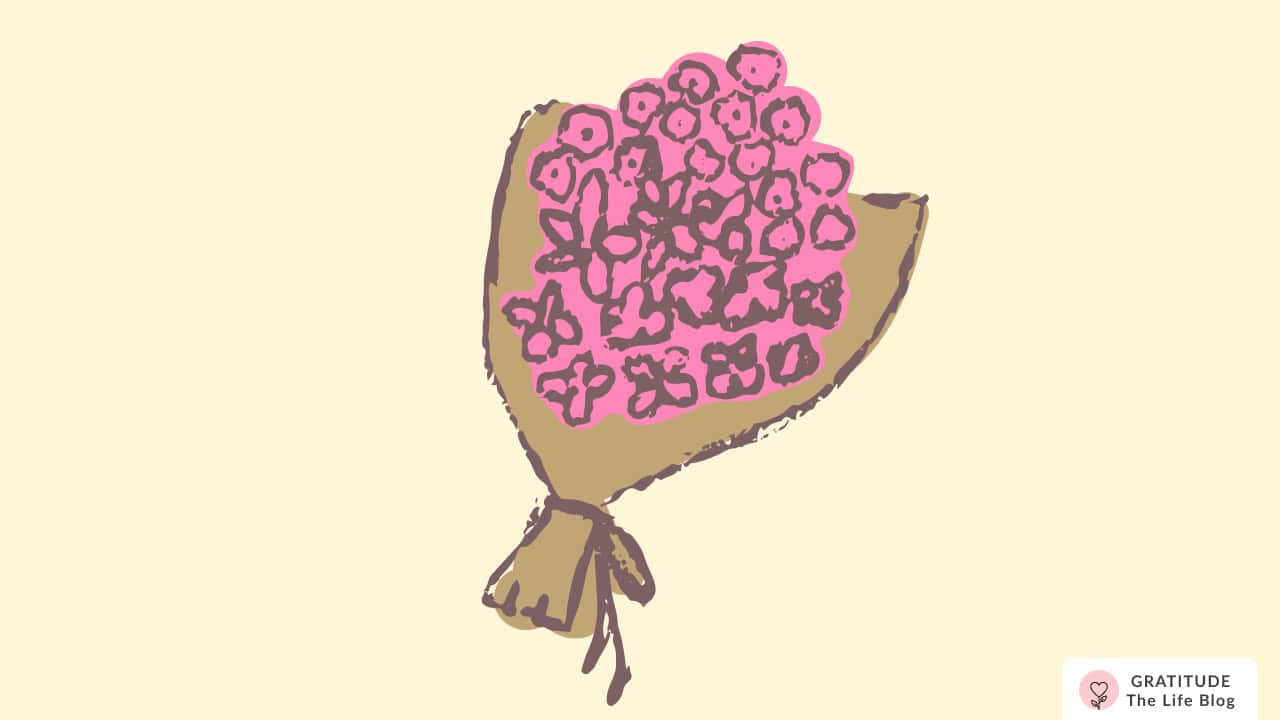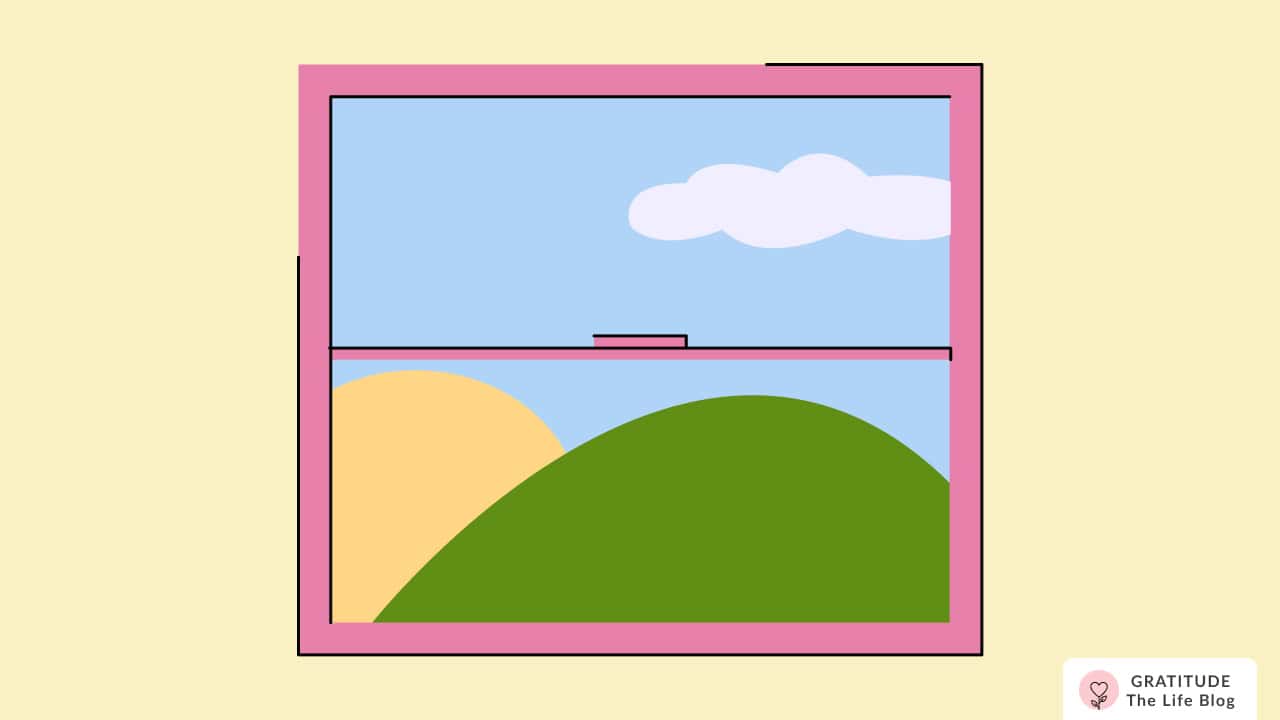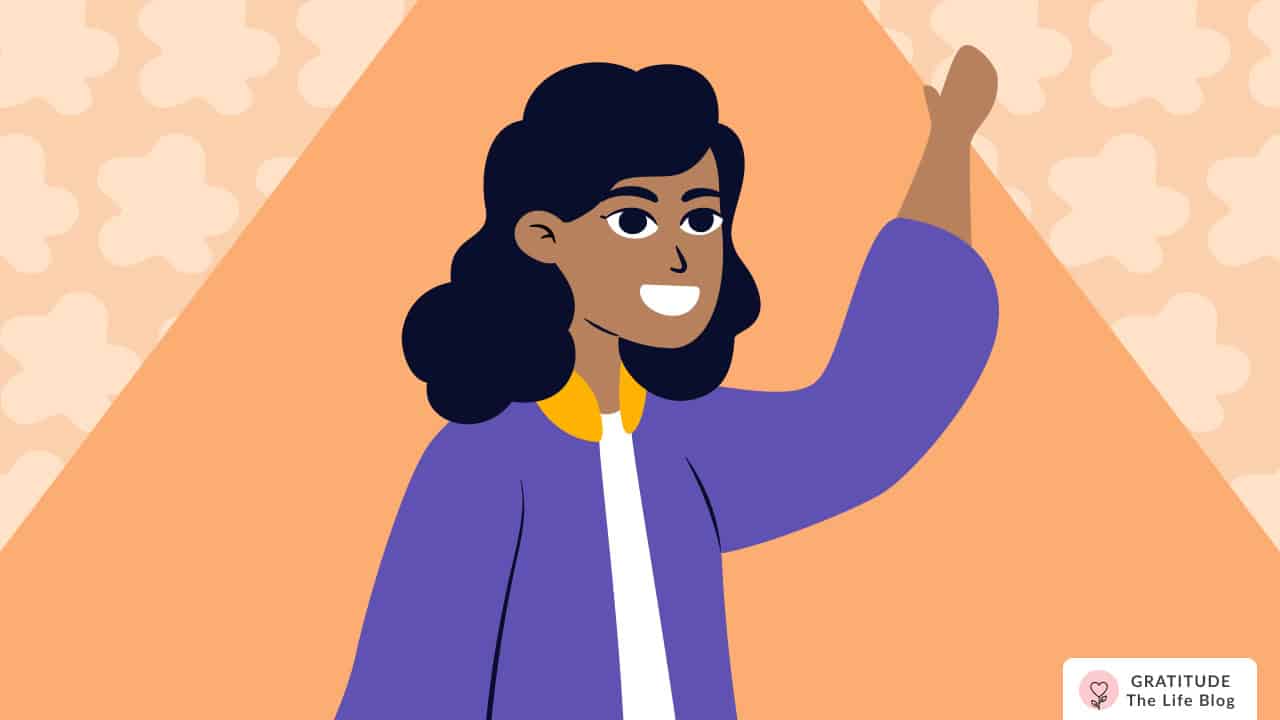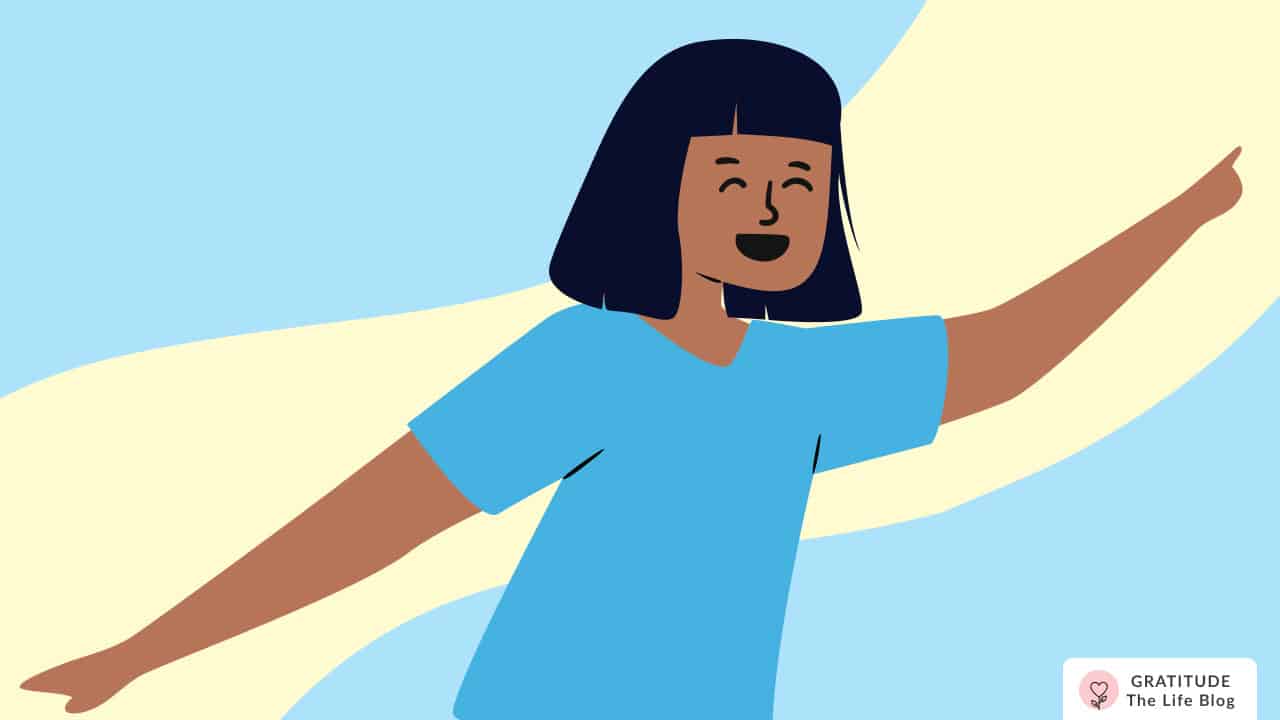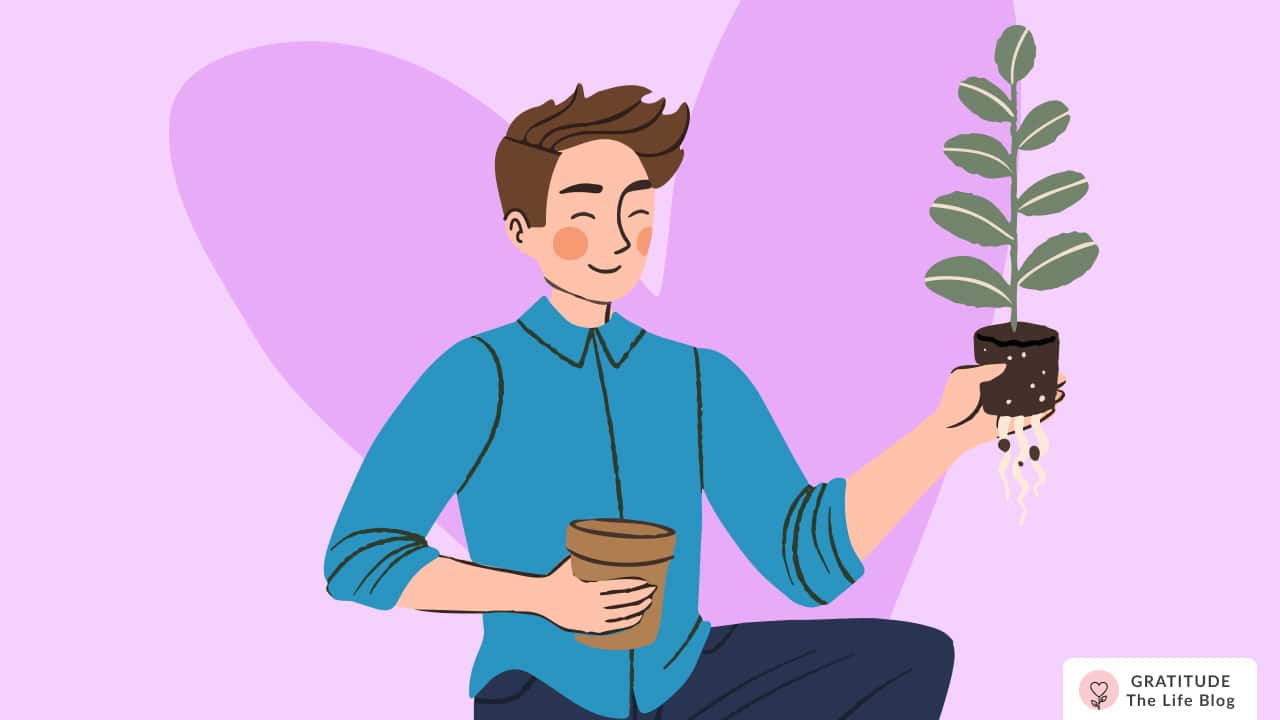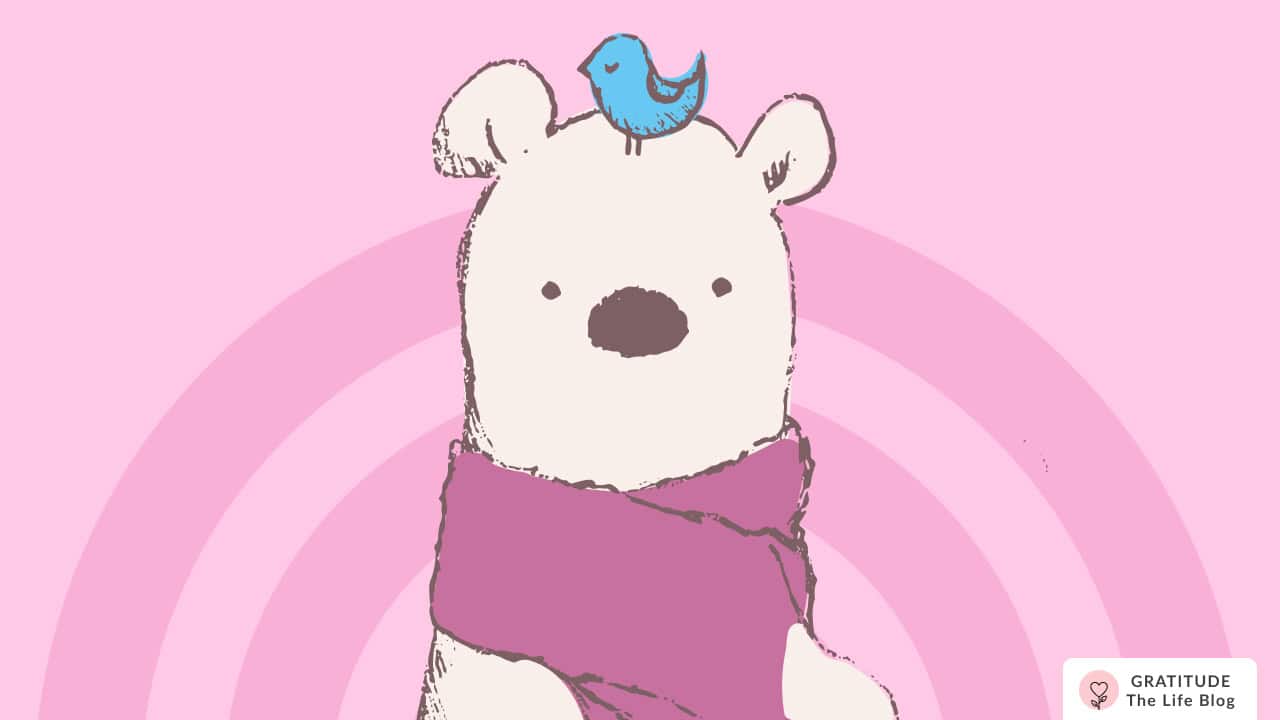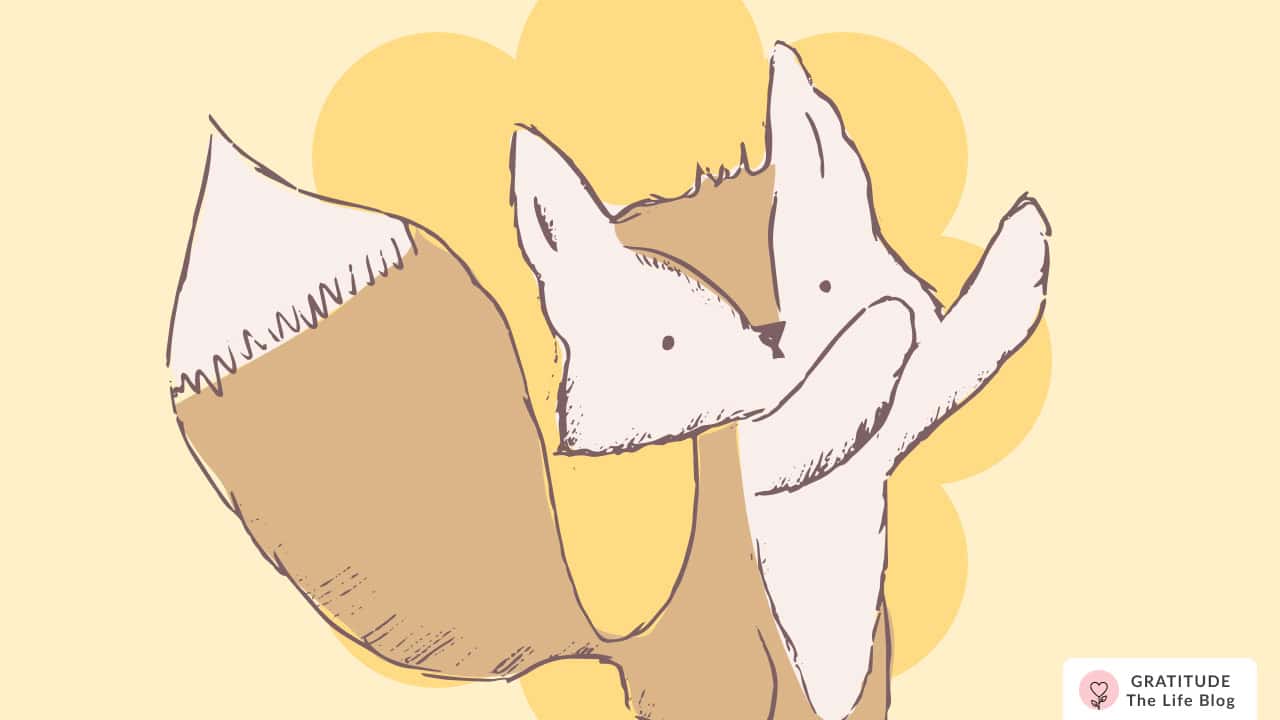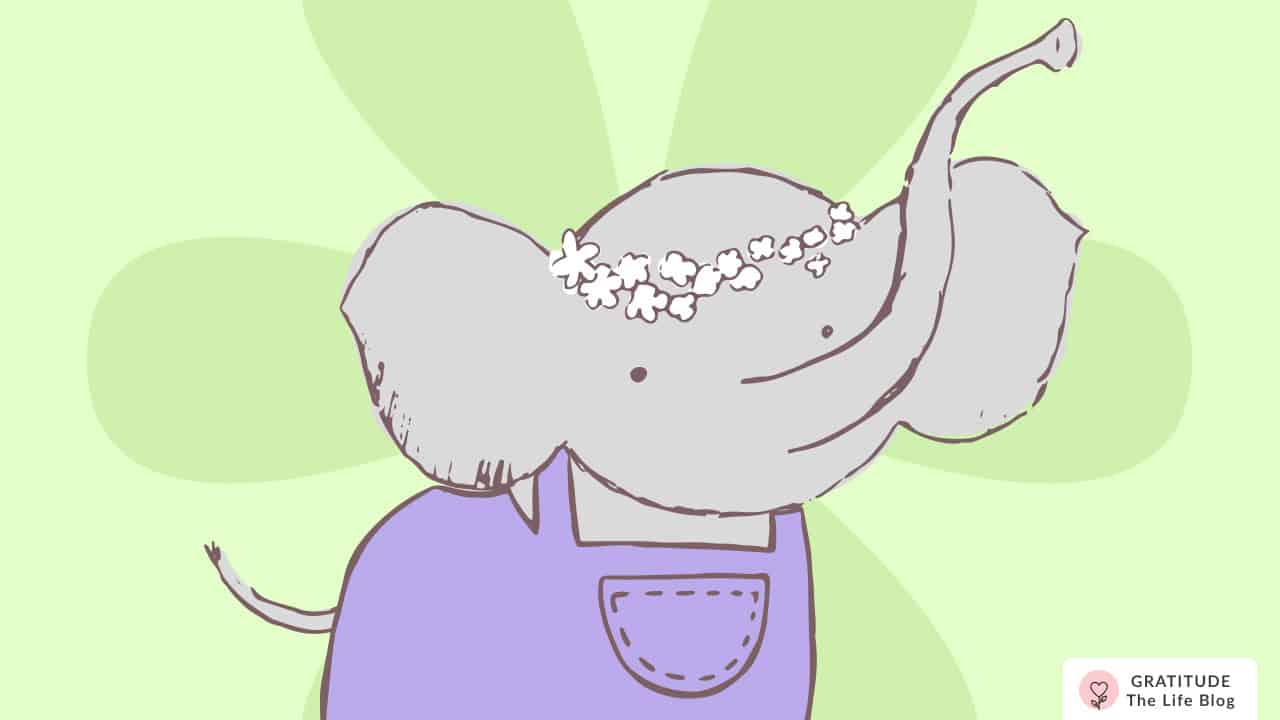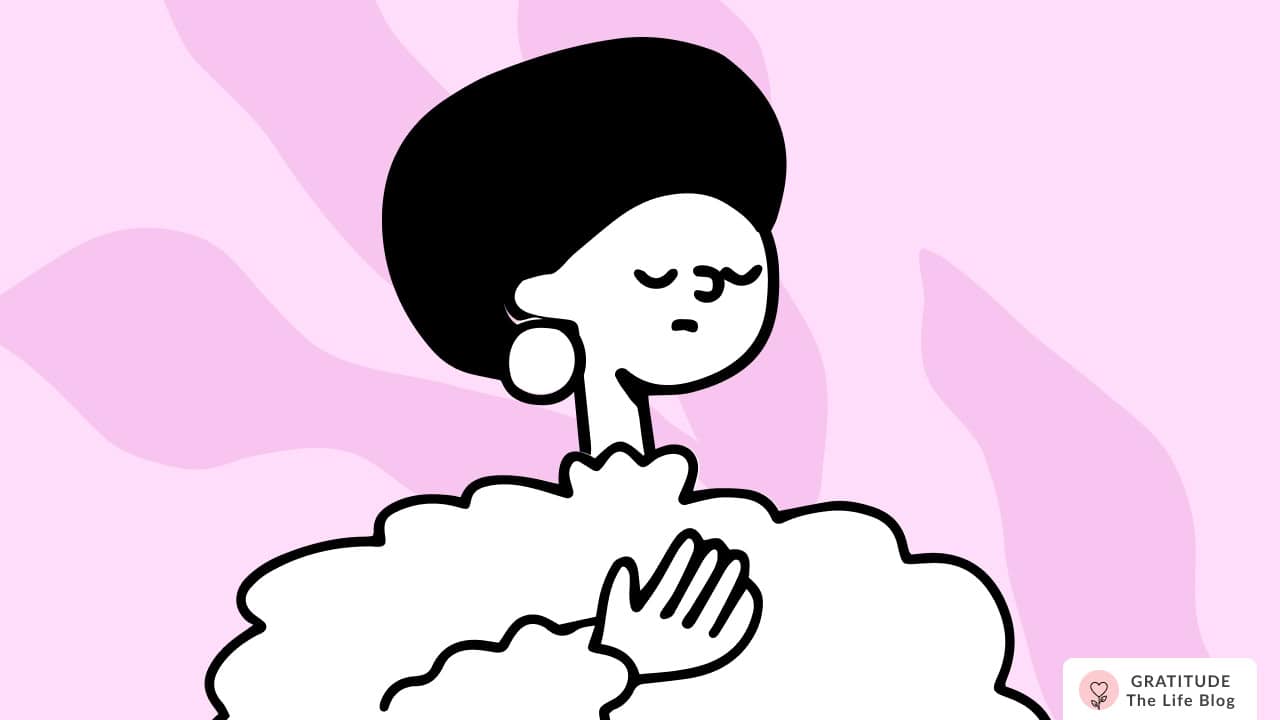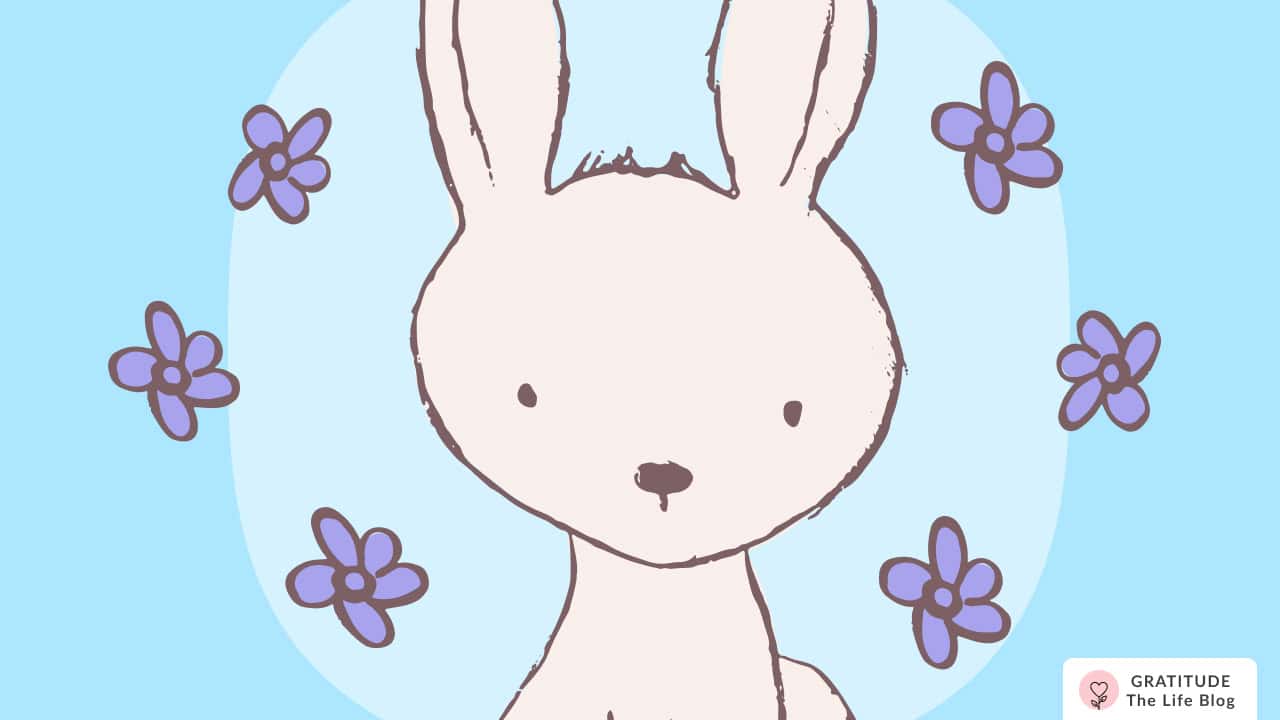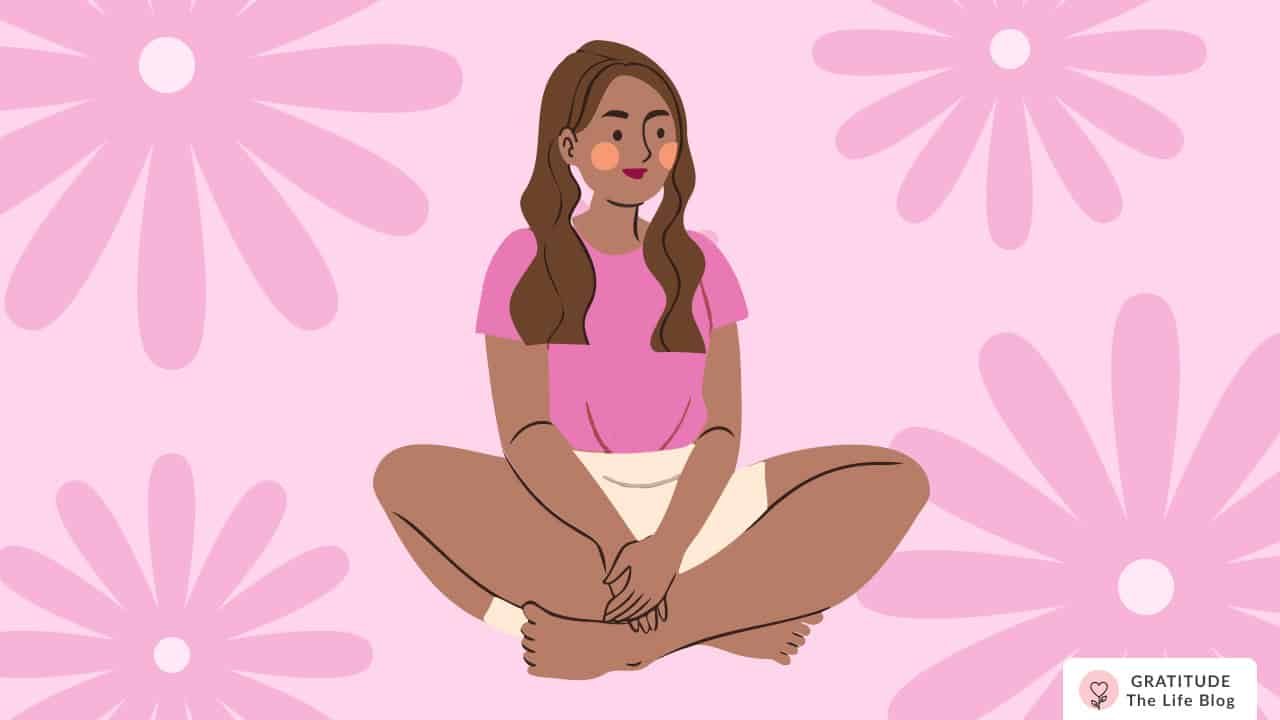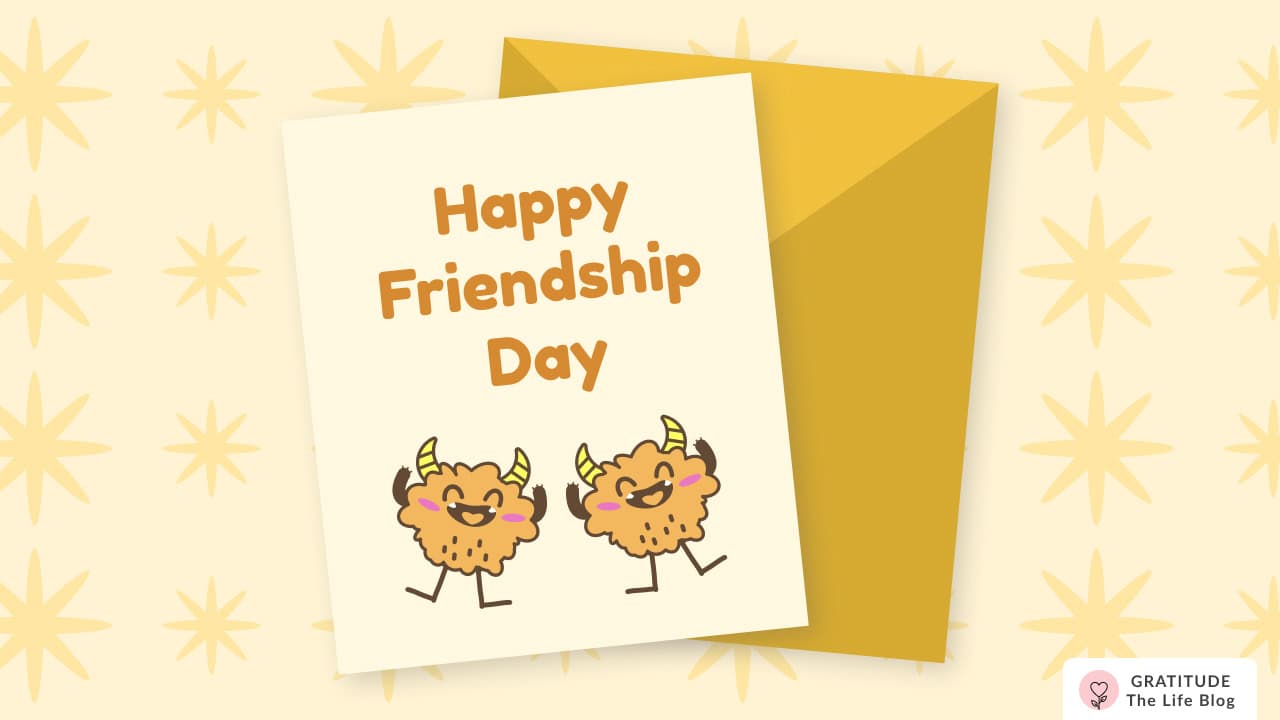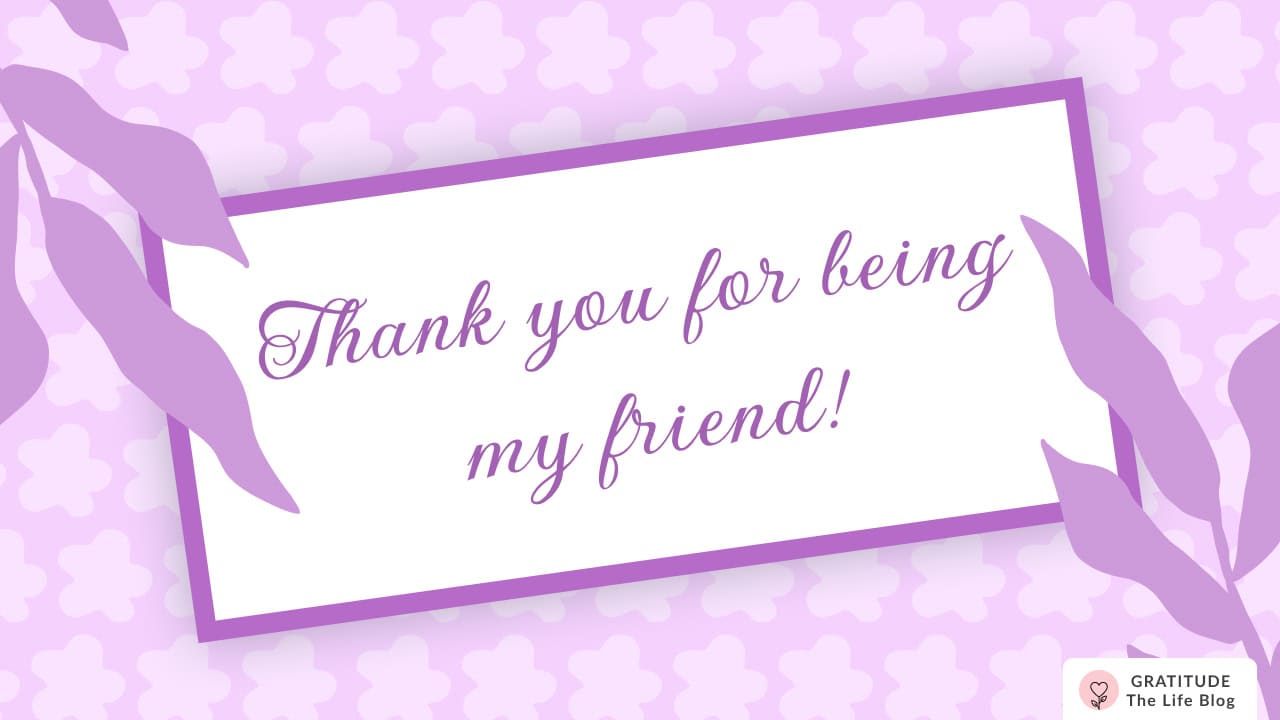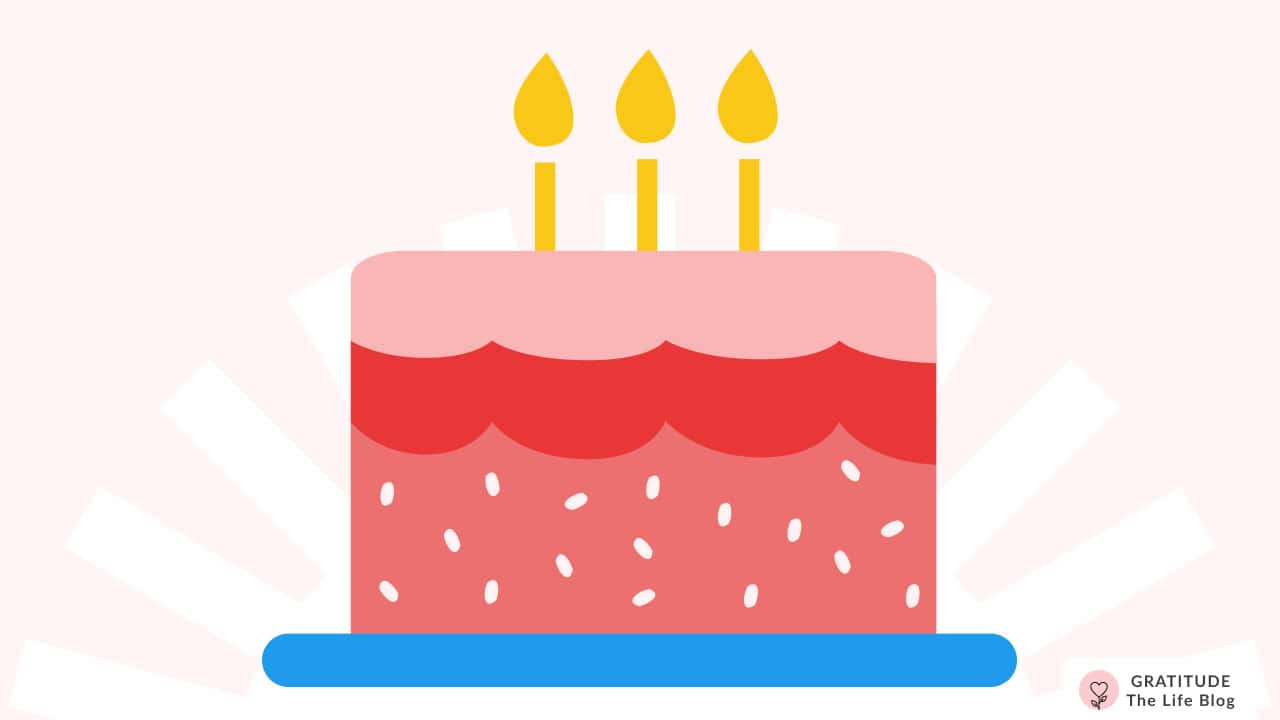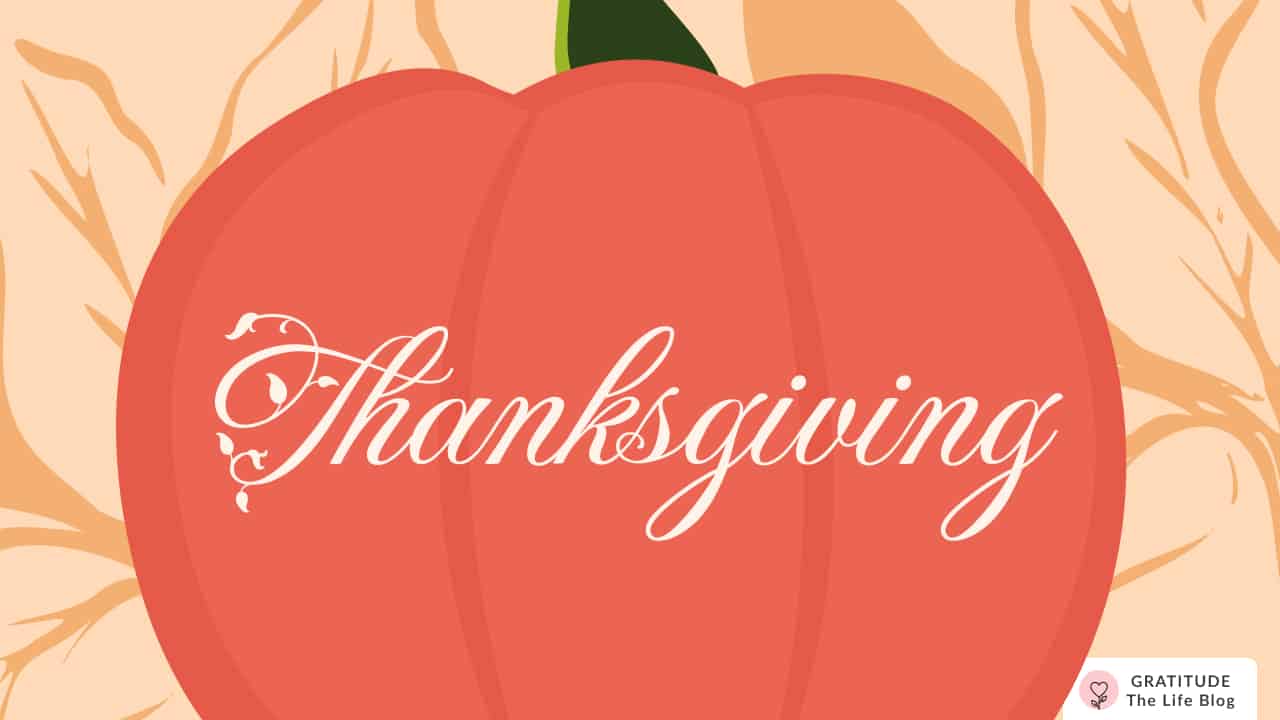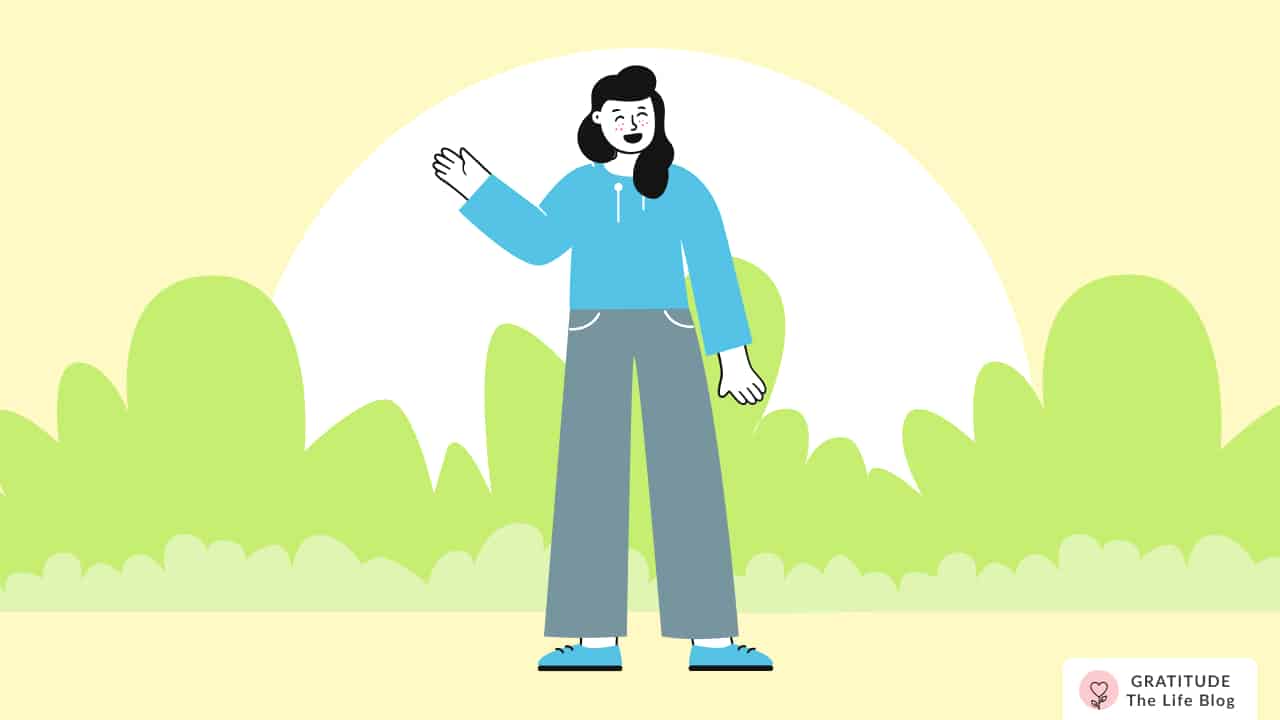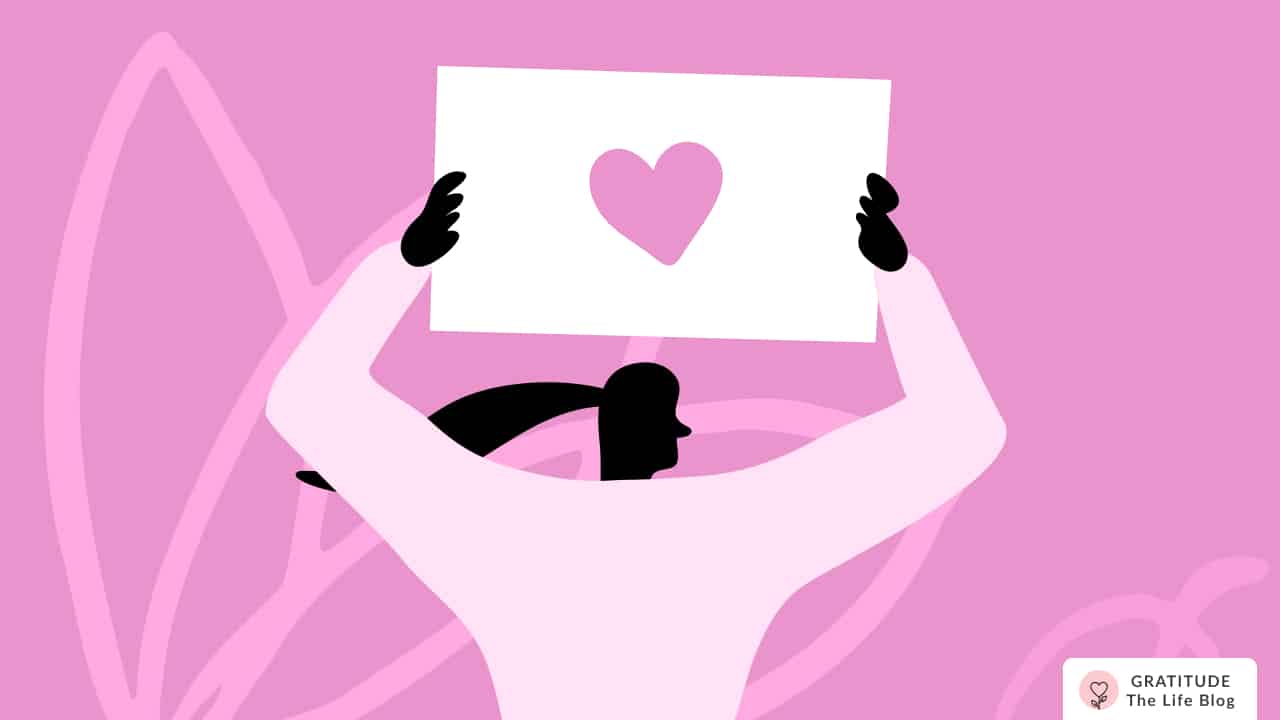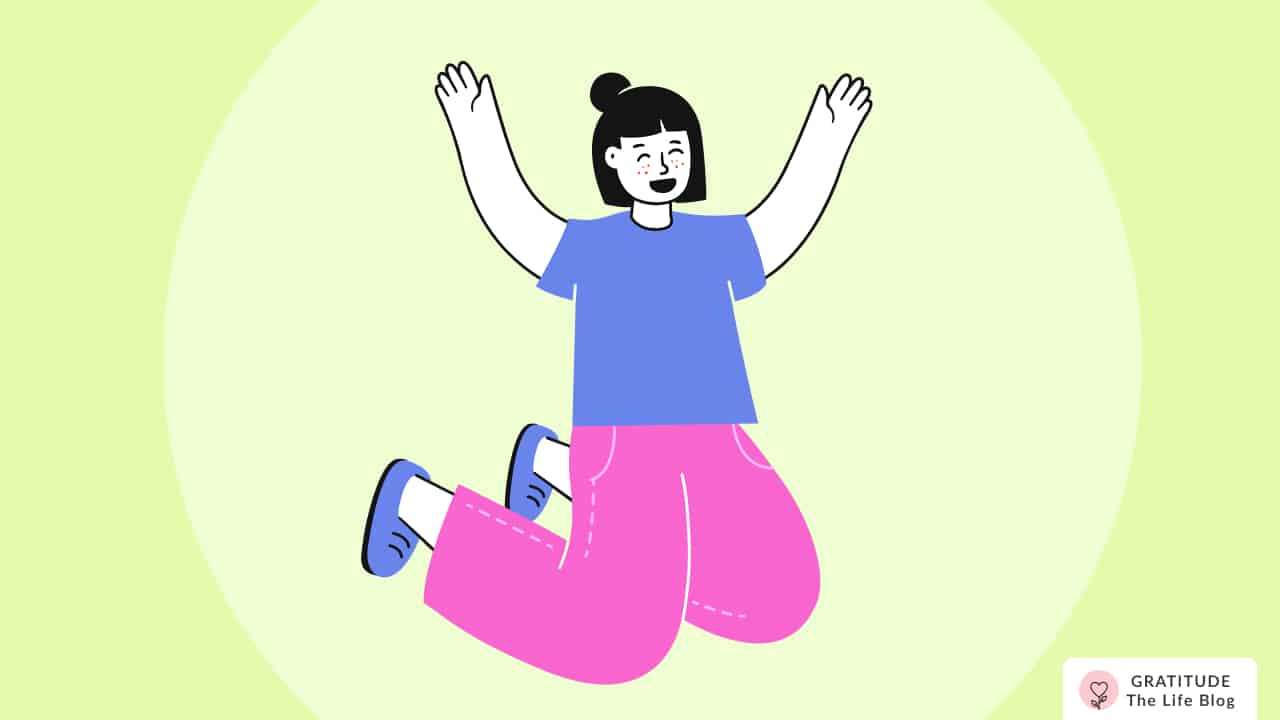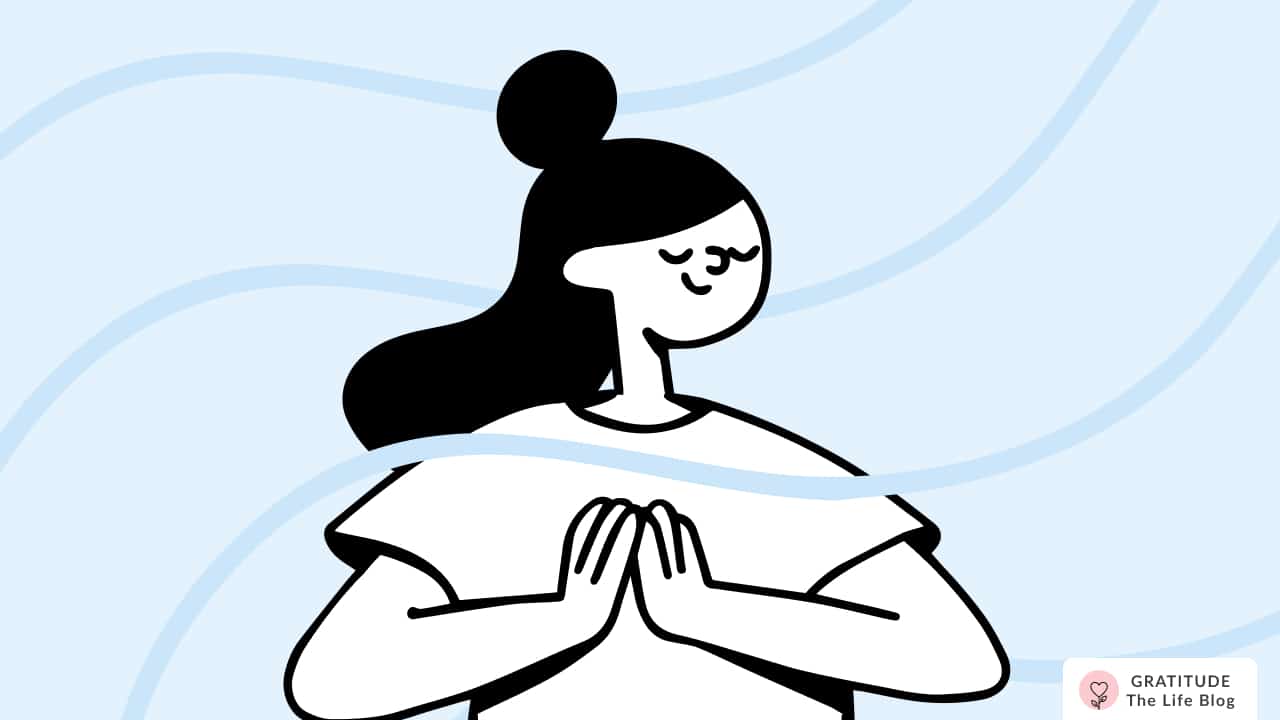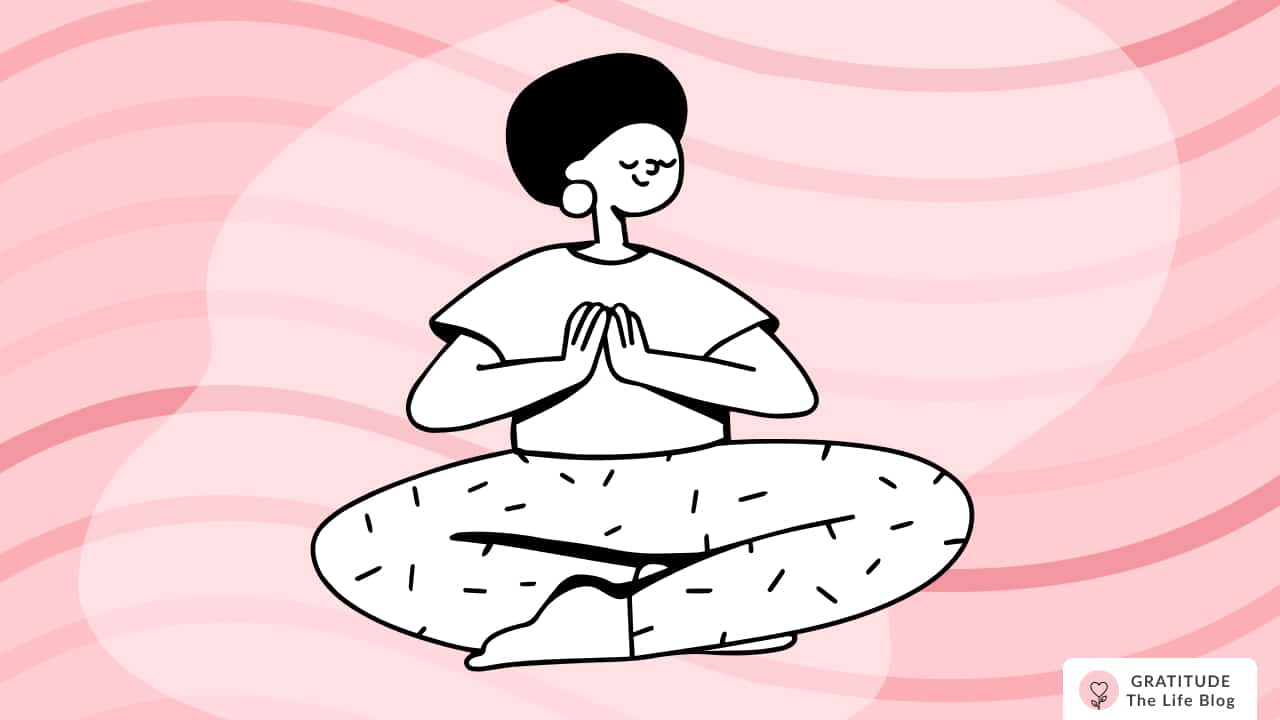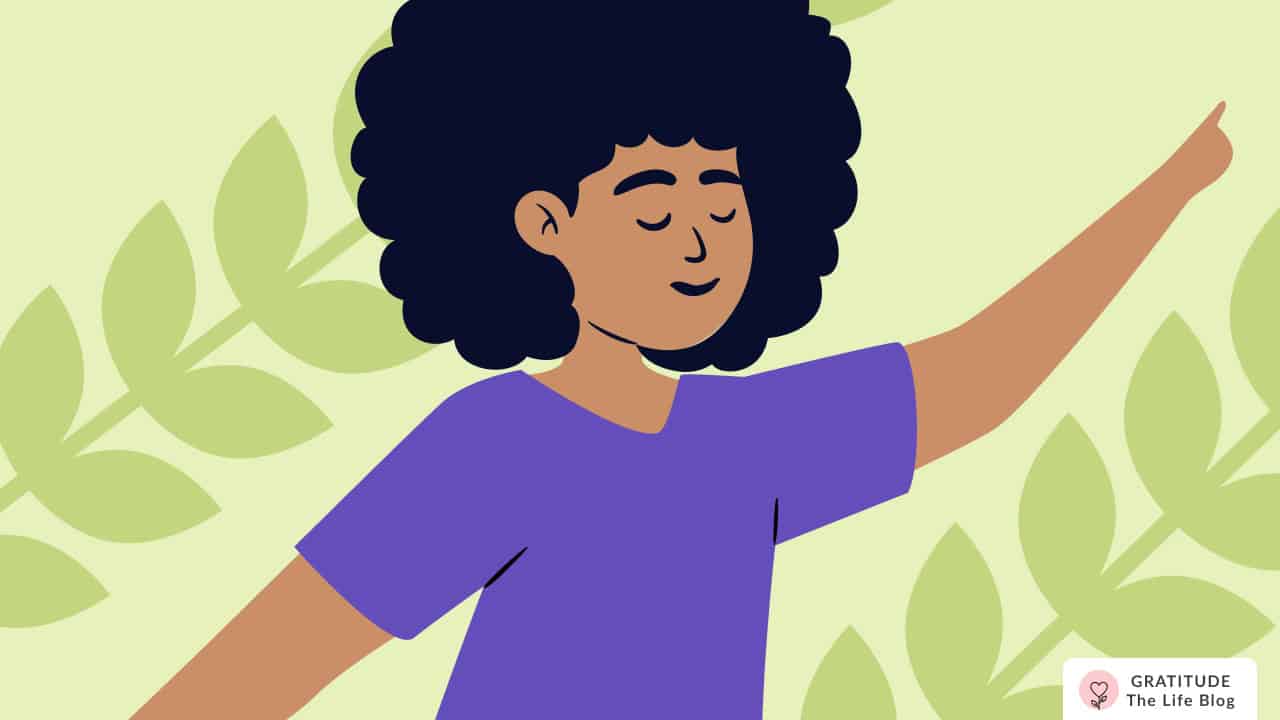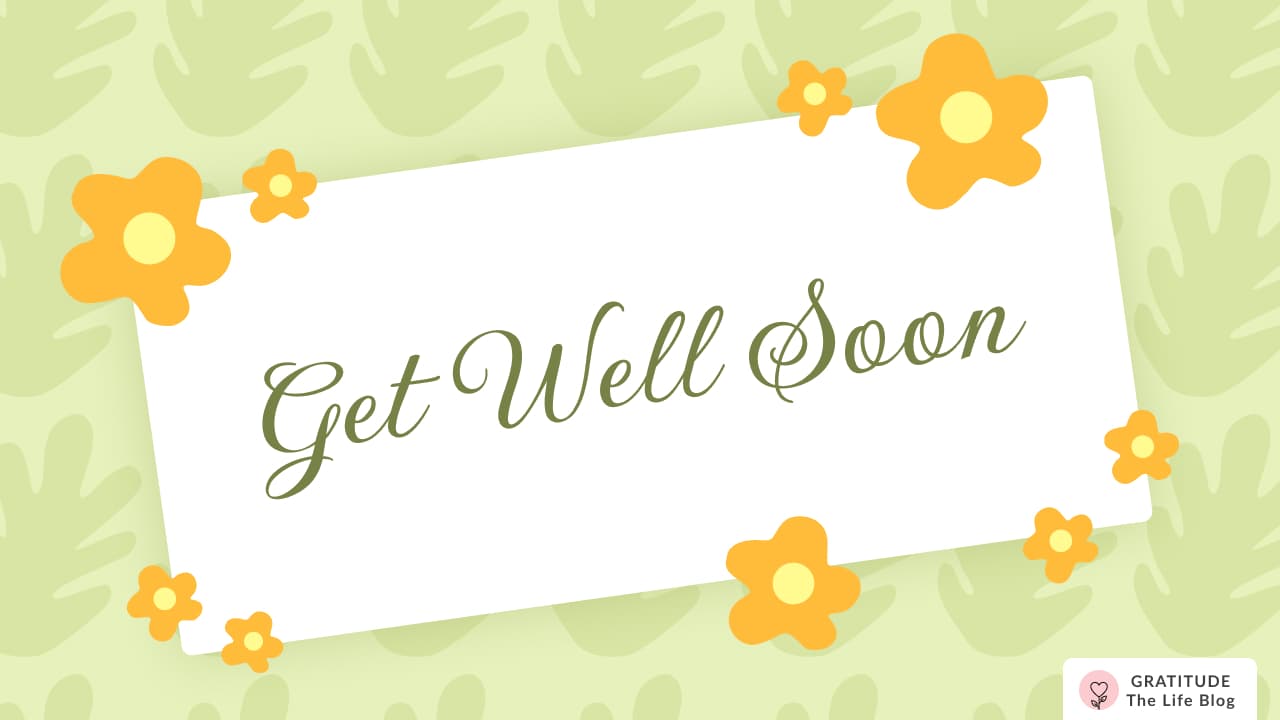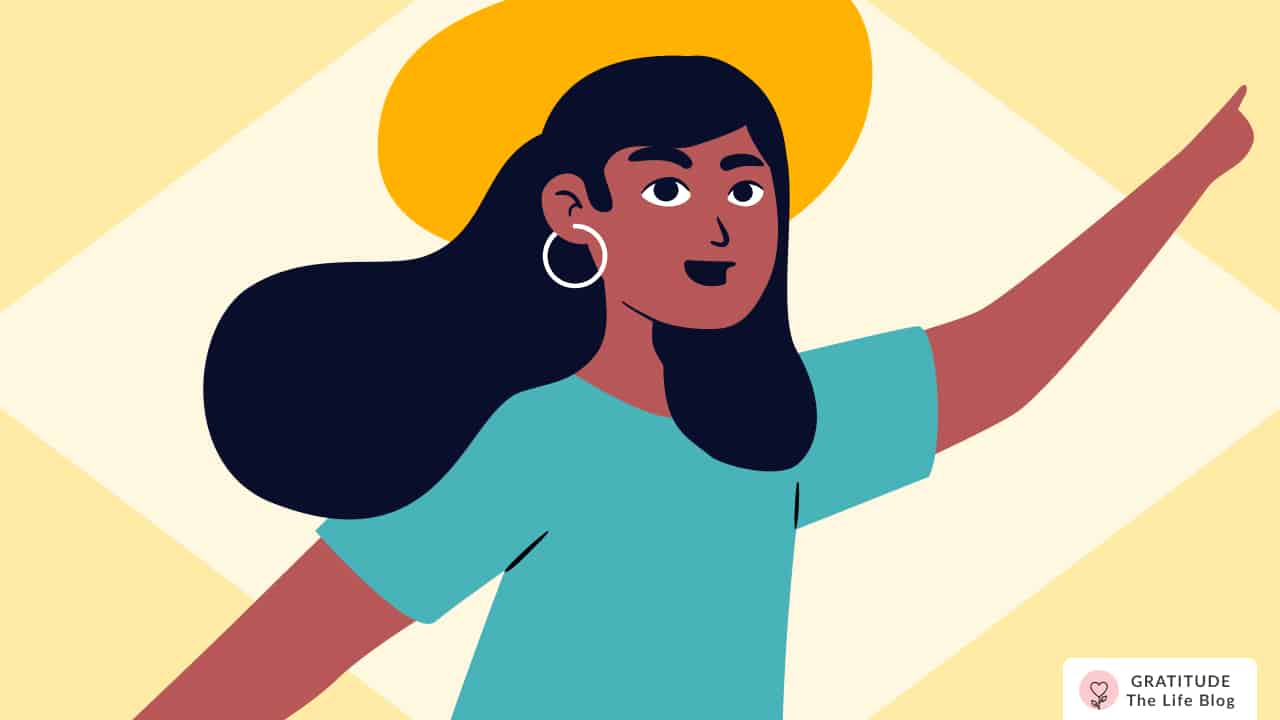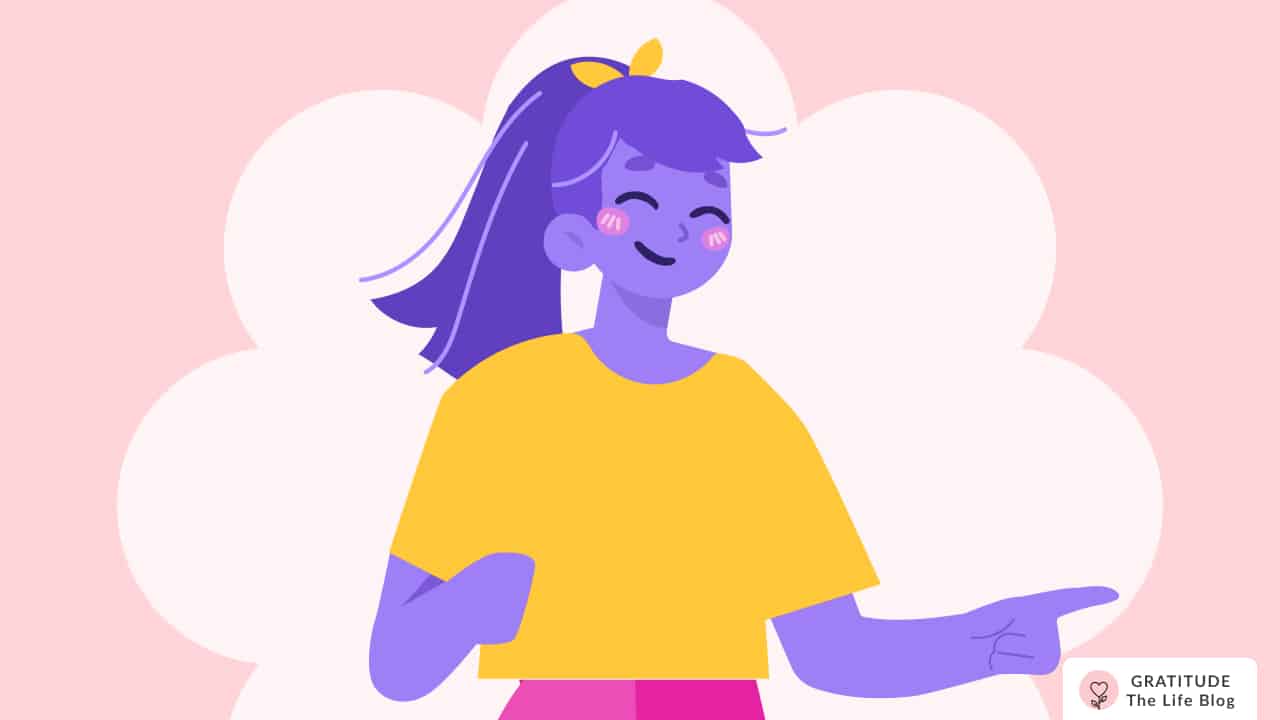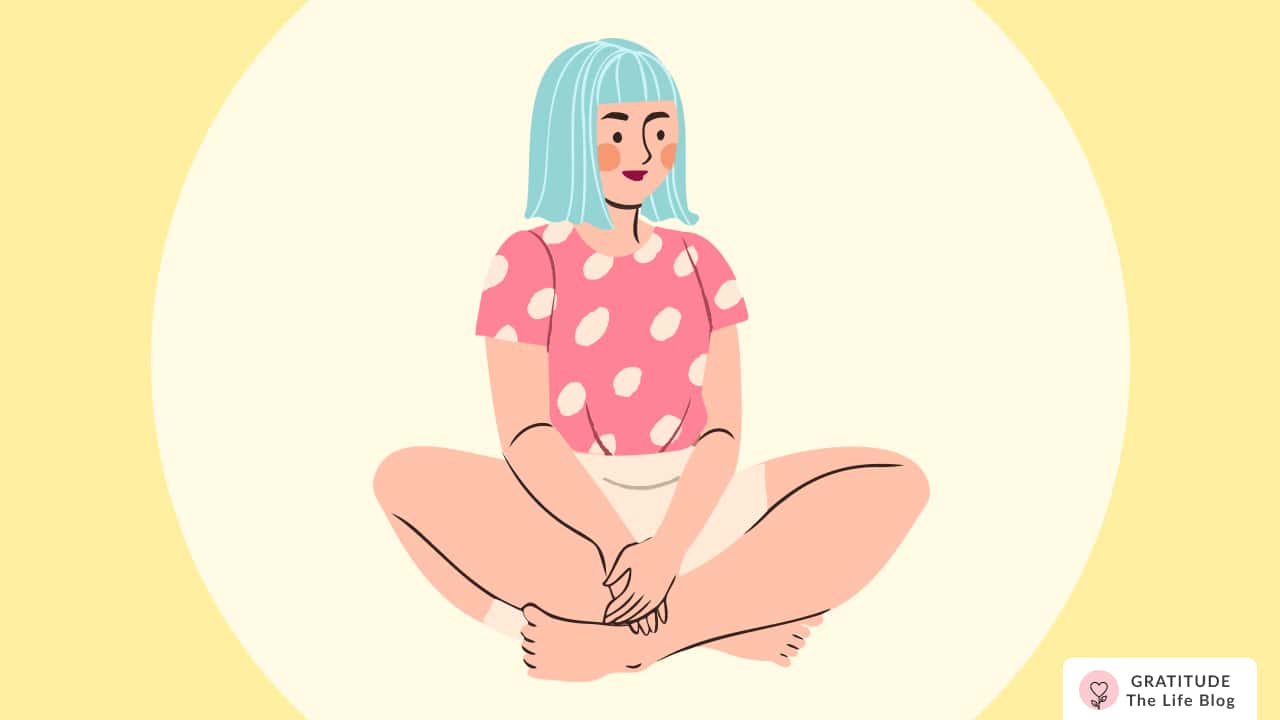The 10 Keys to Happiness for Life
The building blocks of a happy life.
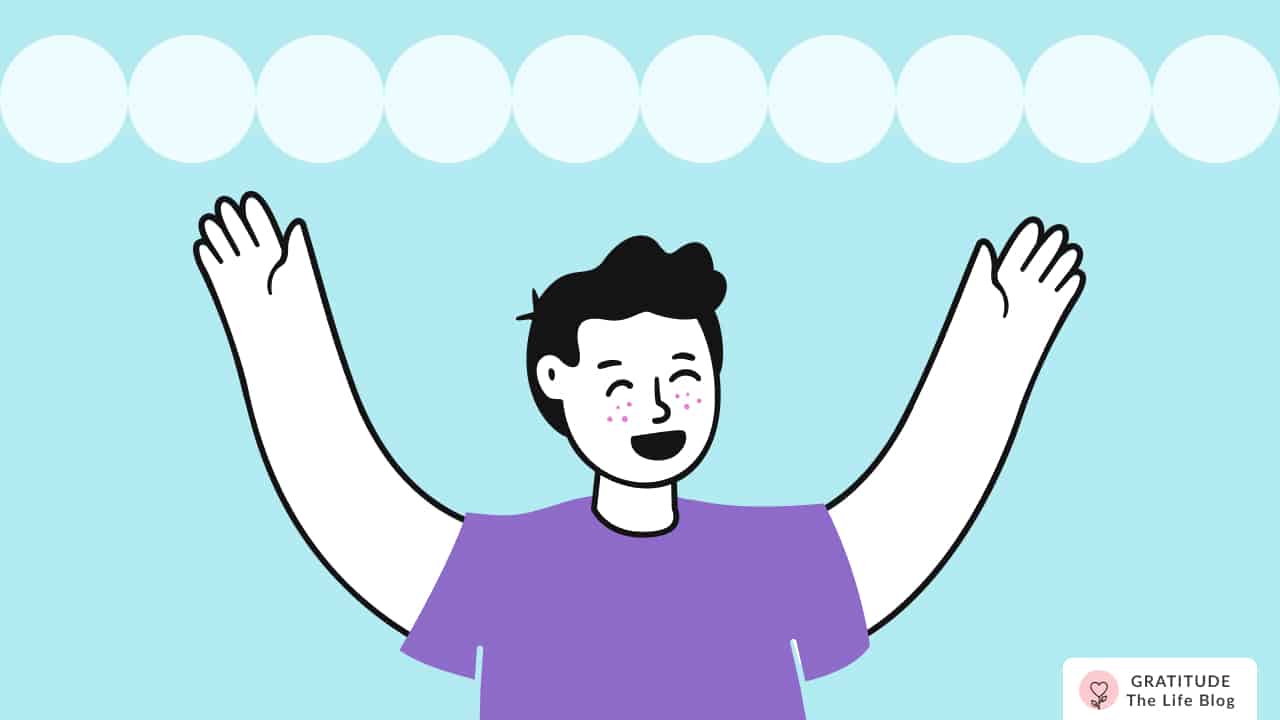
What is the key to happiness? Well, I haven’t chosen an easy topic to talk about today, have I? To answer what is the key or the keys to happiness, we have to understand what happiness is first.
But there is really no objective definition of happiness, so I’ll define it by how I have understood what it means to other people and me. I wrote this in my other blog post about finding happiness within yourself:
“Happiness, in the simplest way, is the experience of enjoying the moment that you are in. This happiness is independent and natural, unforced and palpable, simple and powerful.”
So, even though it may be difficult to exactly tell what happiness is or what it means to all of us, one thing is clear: everyone wants to be happy.
While figuring out what are the keys to happiness, I watched quite a few insightful videos based on research that people did to understand how we can be happy, and what I understood was there may not be a single key to happiness.
We will have to experiment and try out ourselves which key to happiness is more accessible and natural for us based on where we are in our lives. Some keys will be easier to work on and some will take greater effort, but all of them will be valuable.
I watched a video on how having expectations make us unhappy, another about how good relationships are the single most powerful contributor to happiness, a video on the 10 keys to happiness, and another on how gratitude is the root of joy.
So, you see what I mean, there is a lot of research on happiness giving us many great ideas on how we ourselves can be happy. What I’ve done is defined some keys to happiness myself based on these researches, my own life, and the examples of the people I’ve talked to all over the world. Here are the 10 keys to happiness:
- Good relationships
- Health
- Exploring
- Forgiving
- Being grateful
- Simplifying life
- Mindfulness
- Direction
- Giving
- Lowering expectations
10 Keys to Happiness
1. Good relationships
“Choose people who lift you up.”
― Michelle Obama
In the Harvard Study of Adult Development, one of the longest-running studies on happiness, researchers found how profound of an impact good relationships can have on our lives.
For over 80 years, researchers have studied the participants’ health trajectories and their broader lives, including their triumphs and failures in careers and marriage, and the finding have produced startling lessons, and not only for the researchers.
“The surprising finding is that our relationships and how happy we are in our relationships has a powerful influence on our health,” said Robert Waldinger. Close relationships, more than money or fame, are what keep people happy throughout their lives, the study revealed.
“When we gathered together everything we knew about them about at age 50, it wasn’t their middle-age cholesterol levels that predicted how they were going to grow old,” said Waldinger in a popular TED Talk.
“It was how satisfied they were in their relationships. The people who were the most satisfied in their relationships at age 50 were the healthiest at age 80.”
So, how can we have good relationships? Good relationships are built with gratitude, trust, patience, acceptance, and kindness. When was the last time you hugged someone you loved or called up an old friend?
Human beings need support and love from others to thrive. Let’s be vulnerable and open up our hearts more. Past hurt should not close doors for the love we can experience in our present and future.
As an experiment, I encourage you to send a thank you letter to someone you haven’t talked with recently or have not expressed love to.
And one more thing that is important here, we should also learn to let go of the relationships that are draining us more than energizing our lives. Make no room for them, it’s really not worth it.
Here are some affirmations for love to help you frame a healthy and open mind for love:
2. Health
No brainer, right? But, how much do we truly and holistically care for our health? Health includes not only what we do for ourselves but what we don’t do.
Things that we should do are,
- Exercise
- Eat healthy
- Rest
- Laugh more
- Take therapy
- Keep a gratitude journal
- Breathing exercises
- Get enough sleep
Things that we shouldn’t do are:
- Compare ourselves to others
- Stay too active on social media
- Overwork ourselves
- Base our sense of worth on achievements
- Think in extremes
- Starve our bodies
- Bully ourselves
- Hold on to resentment or guilt
Something that may really help you here is taking our free 21-day self-love course. It has helped more than 30,000 people worldwide and it’s truly a piece of my heart. I’m so proud of it. This email from Lornah really encapsulates what this course is about:
"Hey there, I want to say thank you for the beautiful journey of self-love. When I started your course, I was so dull, hated myself, and everything I did. I think I was just living in the name of living, but now I accept myself. I followed through all the days and affirmations. I connected with my inner child, and now I feel amazing. I have this glow, and now I even connect with myself, my family, and my friends more.
Thank you so much for showing me the beautiful things in myself and what I can achieve.
Yes, I listened to the playlist (in the course), and I loved it. I still listen to them. I saved your gift affirmations on my widget so that when I use my phone, I see them every day.
Thank you, Aarushi. I am grateful."
3. Exploring
Another key to happiness is exploring your interests. The excitement and vision of practicing an interest are exciting for us and grow positive feelings.
Think about when you were learning something new and how you keep becoming better at it. The feeling of fulfillment and joy is something to cherish here. Here are a few ideas for you on how you can explore other interests:
- Learn a new instrument like guitar or piano
- Read fiction books. Here are some recommendations by Jack Edwards on YouTube.
- Learn calligraphy or hand-lettering.
- Learn a new dish every other day.
- Learn a new language
- Start a side hustle, like blogging, running an Etsy store, a YouTube channel, etc.
- Gardening
- Join an exercise club
- Travel to another state in your country
- Learn dancing
- DIY home projects
- Gratitude journaling
4. Forgiving
One of the things I mentioned above when talking about what we shouldn’t do for our health was to hold on to resentment or guilt. I know it hurts.
We hold resentment when someone wrongs us, and we feel guilty if we do something wrong ourselves. And, let me tell you, it is not wrong how you feel.
The anger, loathing, and disbelief we all valid emotions. Of course, we would feel them, we’re human! Feeling guilty is a good sign that your heart is in the right place, and anger shows that you respect yourself. But, sustaining these emotions lets them fester and infect our lives.
One important point is that forgiveness is not always reconciliation. Forgiveness is taking away control from others who keep affecting us because of their actions in the past, and finally feeling free.
They don’t deserve to keep troubling you. You deserve better. You deserve peace and freedom (here are some affirmations to help you). I also wrote a post on how to move on from an ex, be it romantic, platonic, or familial. You might find it helpful.
And, when it comes to ourselves, forgiveness is equally important. The boon and the bane here is that this forgiveness is in our hands to give, but it’s also so difficult to do! Just know this, punishing yourself with guilt is not a form of redemption. You can learn more about how we can forgive ourselves here.
5. Being grateful
What is something simple yet life-transforming? What can give you the most joyful perspective? What can help you form beautiful, lasting relationships? What can most effectively inspire happiness? And, what can (along with empathy) drastically change our society? You guessed it - Gratitude.
There’s a reason that in therapy, psychologists often recommend keeping a gratitude journal. The feeling and expression of gratitude is something that decorates your life without changing anything.
Regrettably, it’s one of those things that are so underestimated that they’re forgotten or worse, considered unreliable.
Gratitude is closely related to happiness because as we talked about at the beginning of this post, happiness is the experience of enjoying the moment that you are in. And, gratitude does just that.
It brings your awareness to the beautiful parts of your life and makes you appreciate them. Do you remember a moment when you felt fully, truly, overwhelmingly grateful to someone or something that happened? That is the essence of gratitude.
And to make gratitude a part of life for sustained happiness, start keeping a gratitude journal. A gratitude journal will help you take notice of the people and parts of your life that you may not have taken a moment to wholeheartedly feel grateful for. Here is a post with 105 things you can feel grateful for.
6. Simplifying life
I think a lot these days about how I can simplify my life.
Simple living is cutting to the fundamentals: a life driven by what’s most important and valuable to you.
In my opinion, living a simple life means living a life most fulfilling to you because you are investing your time and energy into things that matter the most.
In our daily lives, so many things consciously or unconsciously take our attention. One small but really important change I’ve made recently is to disable my Instagram account.
I have been struggling with body image issues again and this is something that will significantly reduce the triggers to compare my body to others. It’s also helpful in reducing noise. There is so much on the Internet that doesn’t really matter in our lives but our brains keep taking that information.
Happiness requires us to make space for value and truth. Let’s cut out what we really don’t need.
7. Mindfulness
Mindful.org defines mindfulness as the basic human ability to be fully present, aware of where we are and what we’re doing, and not overly reactive or overwhelmed by what’s going on around us.
Mindfulness, to me, is a blend of being present, being peaceful, and being patient.
But, as we move through our seconds not really in the moment, mindfulness is not natural for us to do currently. What has helped me be mindful is practicing gratitude, staying connected to how my body feels (one way is to do a body scan), and doing deep breathing.
Let’s talk about body scan. A body scan is a mindfulness meditation technique that involves paying attention to different parts of the body, and noticing any sensations or feelings without judgment. Here are the steps to do a body scan for mindfulness:
- Find a comfortable and quiet place where you can sit or lie down. Close your eyes and take a few deep breaths to relax your body and mind.
- Slowly bring your attention to the top of your body and gradually move to the very bottom. Start from the top of your head, to your forehead, your face, neck, chest, hands, fingers, belly, thighs, knees, feet, and toes.
- If you notice any tension, discomfort, or pain in any part of your body, try to breathe into that area and imagine sending relaxing and soothing energy to it.
- If your mind starts to wander or you become distracted, gently bring your attention back to the body part you were focusing on.
- As you complete the body scan, take a few deep breaths and notice how you feel.
- You can do this multiple times in a day to center yourself.
Body scan has really helped me to be mindful of where I am, and how I am, and feel relaxed. Here is a post I wrote on how to quiet your mind which will be quite helpful here.
8. Direction
Having dreams and goals makes us feel empowered. When we not only feel good about our present but also look forward to the future, it is a really fulfilling place to be in.
What I’ve also found is that having hope for the future strengthens us even when our present situation is difficult. Knowing that something good awaits us makes it easier to face the trials of reality. There’s a saying in Hindi “उम्मीद पे दुनिया कायम है” which translates to “The world lives on hope”.
One great way to plan goals for yourself is to make a vision board! In Jack Canfield's words, "A vision board is a visualization tool which refers to a board of any sort used to build a collage of words and pictures that represent your goals and dreams.”
I’ve written a post on how you can make a great vision board this year. And make sure to not burden yourself with goals too, and maintain balance. They should empower you, not question yourself. Believe in yourself!
9. Giving
I once wrote that the answer to finding happiness within is a balancing act between kindness toward yourself and kindness toward others. You have to take them both together and build on each other’s strengths.
When we give our time and energy to the community and helping others, there’s really no feeling quite like it. I used to feed stray dogs here in my colony for a few months and even in my darkest moments, that work has given me power, it has made me see the light I have within.
The world needs us all to help each other, so this key to happiness is not only good for you but for the health of our planet too. Connect with causes that are doing good work and volunteer in the ways that you can.
Even if you don’t have any idea about this, look on the Internet! There are so many people doing great work and I’m sure you’ll find something you can do.
For example, I have virtually adopted 3 animals, a cat, a dog, and a guinea pig in three different animal shelters in India. What I basically do is send a monthly amount for their food and shelter. You can try this out too.
We all have a lot to give in our various capacities, be it money, time, attention, care, or physical effort. Let’s be there for each other and support each other’s happiness.
10. Lowering expectations
And, finally, we come to our 10th key to happiness. In the TED talk about how expectations make us unhappy, Nat Ware shared the 3 gaps that exist in our expectations:
- Imagination Gap: Here is when our reality is lesser than what we imagined it would turn out to be.
- Interpersonal Gap: Here is when we compare ourselves to others and find them to be doing better than us.
- Intertemporal Gap: Here is when our past self appears to be better to us than our current self.
Expectations are a significant contributor to our unhappiness. We find so many opportunities to compare our current selves and it never really bodes well for us.
It is great to take inspiration but not in a way that reduces how we feel about ourselves. This is who we are. This is the only truth. What is real is real. Let’s try and bring ourselves into reality more and more because it is only when we compare that we find problems.
Of course, you deserve to wish better for yourself and work toward it, but never without bullying the person that you are because this is the one who will take you where you want to be.
And, question yourself when you make comparisons. Is it valuable? Is this helping you? How does it make you feel about yourself? Would you find a problem in yourself or your life even if you weren’t making this comparison?
Inherently, comparisons are unfair. So, be cautious, root yourself in the present moment, and appreciate all that you have because there is a lot that you may not be paying attention to.
And, that’s it! These were the 10 keys to happiness that I wanted to share with you. Send this post to a friend if you found it helpful. I wish you all the happiness in the world!
Continue Reading: The Ultimate Guide to Finding Happiness Alone

